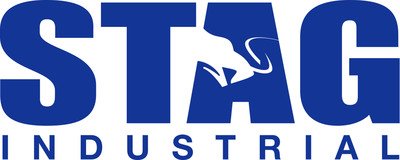Ivo Abraham, PhD, RN, director of the Center for Health Outcomes and PharmacoEconomic Research at the University of Arizona Cancer Center examined the integration of clinical practice and health economics research to expedite biosimilar access, in an interview with The Center for Biosimilars®.
Abraham highlights the established safety and efficacy of reference drugs, arguing that rigorous cost-effectiveness studies for biosimilars may not be necessary.
This transcript has been lightly edited for clarity.
Transcript
How can the integration of both clinical practices and health economics research fall into the biosimilar development process to expedite access for patients while maintaining rigorous scientific evaluation?
The critical part here is really the fundamentals now of biosimilars come in and that’s the economics. People say “yes, but don’t we need cost effectiveness studies on biosimilars?” Well, if we know that another drug, your reference drug, has a certain level of cost effectiveness, clinical and safety outcomes relative to cost, we don’t need to replicate an analysis like that because we know that statistically, our biosimilar product has equivalent margins in safety and effectiveness.
What we need to focus on here is if we have a biosimilar, relative to a reference product, and there is a price differential, it’s no rocket science, you’re going to have savings efficiencies.
That’s where most payers really stop, although some of them have begun to listen to alternatives but what do we do with those savings? We can provide access on a budget neutral basis to either more biosimilar or to totally new treatments that at this moment, some patients, perhaps many patients, would not be eligible to receive but where a payer could say, “okay, we achieve efficiencies here and let’s now put that to some good use and make more of our members have the care that they should have, but that at this moment, our guidelines do not cover.”
That brings us to really a global aspect of biosimilars and that is that biosimilars have the potential because of cost differentials to promote access and equity in health care to people who otherwise might not get it. Now, within the clinical environments, we need to remember, the decisions are not necessarily made at the point of care.





